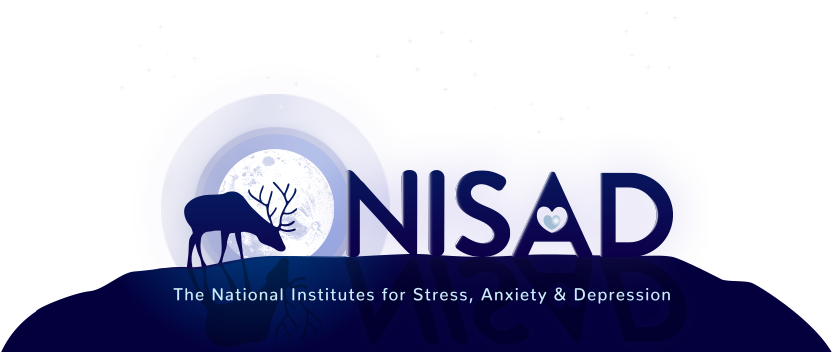How to cope better with uncertainty during the Covid-19 pandemic.
Our mind craves to know what will happen and it constantly tries to predict the future to make sure we are prepared and most importantly – safe.
This isn’t really possible at any time – and we never really have certainty – but in these unfamiliar times, the uncertainty can feel overwhelming.
Here are 4 ways to enable you to cope better with this uncertainty:
1. Adapt
Try adapting to the new system. Follow the government guidelines regardless of whether you are in the risk zone or not. It unifies us and makes it easier to connect to people if you do so on the same terms.
If you can’t meet up with your friends the traditional way, then do what you can to still communicate with them.
Video calls, regular calls or just recording messages and sending pictures and videos to each other are vital in order to stay in touch.
You need them and they need you, pandemic or no pandemic.
2. Try something new
I know there’s a lot of talk about being creative and finding new hobbies during the lockdown, which is great, but there’s no pressure.
You don’t have to become the next Masterchef or read 20 books in a month.
You don’t have to prove anything to anyone.
But say for example that you love painting – maybe that’s something you could take up again?
Even simple things like colouring books for adults or puzzles are helpful to just take your mind off things and do something fun and relaxing.
Consider it as ‘you-time’. If it feels good – do it!
3. Think outside the box
If you keep running out of things to talk about (besides the pandemic), try and invent some new questions to ask people in your surroundings. Things you actually want to know but never knew you did.
These could be questions like “What’s your favourite sound?”, “Tell me about your best and worst haircut” and so on.
Write handwritten letters to friends, even people you haven’t spoken to in a long time. It’s never too late to pick up a friendship where you left off.
4. Know the difference between self-care and self-indulgence
Sometimes it’s really difficult to take care of ourselves during times like these.
We find ourselves getting stuck in a mindset of ‘what’s the point?’ and we neglect our basic needs. And when we do treat ourselves it’s difficult to find balance.
Eating too much or too little, not getting enough fresh air or struggling to get started with things.
Sometimes self-care means something simple like chatting to a friend or having a nice bath. And sometimes it means talking to professionals.
The important thing is to not get stuck in your sorrows.
Although it feels good to sleep in, to wear pyjamas all day and drink wine at noon, it’s only temporary satisfaction.
Long-term it’s the opposite of self-care.
If you find yourself needing more sleep and feeling less bothered with things that used to make you happy, it might be a sign of depression.
Please know that you are not alone and we at NISAD are here to help and support you through these uncertain times.

Findus Krantz
Social Psychologist and Analyst

